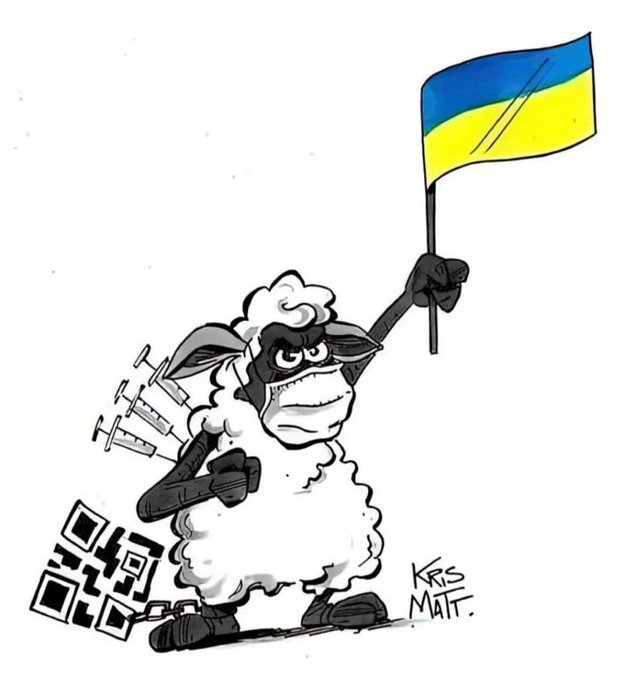athos
Gold Member
     Offline
Offline

Re-educate barbarians
Posts: 6406
Hong Kong
Gender: 
|
In China, unlike America and Australia, political legitimacy is built on competence and experience.
It is widely assumed in the West that the legitimacy of a government comes from universal suffrage and multiparty competitive elections. Yet this assumption raises two issues: First, historically, it is not true ― universal suffrage is a recent development. One can claim, for instance, that U.S. administrations only became truly legitimate in 1965, when African Americans won the right to vote. Furthermore, this practice is confined only to nation-states. It is difficult to imagine that, say, the European Union could establish its legitimacy and play its unifying role on the basis of universal suffrage.
These two points help us better understand why the Chinese sense of legitimacy is vastly different from the Western one. China is not a typical nation-state but rather a deeply historical and civilizational state. It is an amalgam of the world’s oldest continuous civilization and a huge modern state with its sense of legitimacy rooted deeply in its history. An apt analogy would be to something like the Roman Empire, if it had endured into the 21st century ― with regional and cultural diversities, a modern economy, a centralized government and a population nearly equal to that of 100 average-size European nations combined, speaking thousands of different dialects while sharing one written language.
This kind of state, a product of hundreds of states amalgamated into one over a long history, would become ungovernable if it were to adopt an adversarial political model. Such was the case in China beginning with the 1911 revolution that established the Republic of China. The country attempted to copy the American model and degenerated into chaos, with rival warlords fighting each other and tens of millions of lives lost in the decades that followed.
As a civilizational state, the legitimacy of China’s government is deeply rooted in its own historical tradition, shaped over the millennia since the country was first unified under the Emperor Qin in 221 B.C. China’s one-party governance today may look illegitimate in the eyes of many Westerners but to most Chinese. For most of the past 2,000 years, China has practiced a kind of one-party rule: governance by a unified Confucian elite that was selected through public exams (the keju) and which claimed to represent — or genuinely represented — most, if not all, under heaven. Furthermore, during much of the one-party era, China was arguably better governed, more peaceful and more prosperous than the European states of the same epoch. China began to lag behind Europe when it closed its door to the outside world in the 18th century and missed the Industrial Revolution.
As Francis Fukuyama has observed in his book The Origins of Political Order, “It is safe to say that the Chinese invented modern bureaucracy, that is, a permanent administrative cadre selected on the basis of ability rather than kinship or patrimonial connection.” China’s keju system was long used to select the most talented individuals into leading positions in government.
|

 Forum
Forum

 Home
Home 

 Album
Album 

 Help
Help

 Search
Search

 Recent
Recent 

 Rules
Rules 

 Login
Login

 Register
Register





 Pages:
Pages: 

